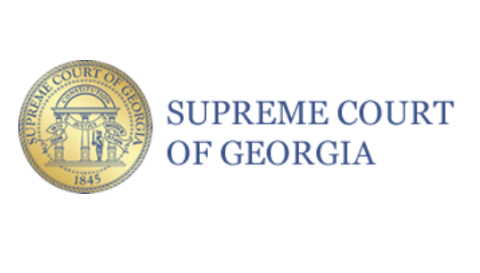
“Infowars’ Bankruptcy Judge Removes Top Advisors, Orders Probe” —
- “Infowars’ parent is facing a major setback in its Chapter 11 case after a bankruptcy judge removed its top attorney and chief restructuring officer for their failure to disclose prior connections to company founder Alex Jones.”
- “Texas bankruptcy Judge Christopher M. Lopez on Tuesday evening sided with the Justice Department’s bankruptcy watchdog and rejected motions by the parent company, Free Speech Systems LLC, to hire attorney Kyung Lee or his firm, Shannon & Lee LLP, as the company’s bankruptcy co-counsel. “
- “Free Speech Systems filed for Chapter 11 protection in July after Sandy Hook Elementary School shooting victim families won judgments against far-right conspiracy theorist Jones and his website for falsely claiming the massacre was a hoax.”
- “Lee and his firm have potential conflicts due to their representation of three other Jones-affiliated companies in a previous bankruptcy, the court found Tuesday. That created a conflict of interest that is adverse to Free Speech Systems’ bankruptcy estate, it said.”
- “Free Speech System’s motion to employ W. Marc Schwartz as its chief restructuring officer was also denied. Lee and Schwartz had been working for the debtor for months. Schwartz had begun preparing a bankruptcy plan that would use the company’s disposable income to pay creditors.”
- “‘I do think there was some lack of candor in this case,’ Lopez said. ‘I’ve expressed concerns since the first hearing about what happened. And as this case has progressed, and based on what I’ve heard today and the evidence that I was able to review, those concerns continue to exist.'”
- “In June, three Jones-affiliated companies—InfoW LLC, IWHealth LLC, and Prison Planet TV LLC—struck a deal with the Justice Department’s US Trustee to dismiss their bankruptcy cases pending in Texas. Schwartz and Lee also for a time worked with those three debtors during the previous bankruptcy but never disclosed the relationship to the court, the US Trustee said. “
“Denied: Defense Lawyer Can’t Withdraw From Litigation Over School Cheating Scandal” —
- “In a case of first impression, the Supreme Court of Georgia has affirmed that the denial of a motion to withdraw as counsel based on alleged conflicts of interest is not directly appealable.”
- “Atlanta Judicial Circuit Public Defender Stephen R. Scarborough no longer wants to represent his six clients, citing an alleged ethical conflict of interest, as some clients name each other in their defenses.”
- “After Fulton County Superior Court Judge Jerry W. Baxter denied the attorney’s motion to withdraw representation and the Georgia Court of Appeals dismissed his appellate challenge, Scarborough appeared before the Supreme Court of Georgia in April to argue his case.”
- “Scarborough attempted to convince the high court that the collateral order doctrine supported his motion.”
- “Under the doctrine, parties may appeal interlocutory rulings if the order conclusively determines the disputed question, resolves an important issue completely separate from the merits of the action or would be unreviewable on appeal from a final judgment.”
- “Across the aisle, Fulton County Chief Senior Assistant District Attorney Kevin C. Armstrong argued the doctrine failed to support Scarborough’s motion. He noted that the appellants had access to ‘a future remedy,’ since they could obtain relief through an interlocutory appeal.”
- “Five months after the oral argument, the Supreme Court of Georgia issued a unanimous opinion affirming the lower courts’ rulings. ‘We granted certiorari in this case to determine whether a trial court’s order denying a motion to withdraw as counsel based on alleged conflicts of interest is immediately appealable under the collateral order doctrine,’ read an opinion drafted by Justice Shawn E. LaGrua. ‘We conclude that such orders do not fall within ‘the very small class’ of trial court orders that are appealable under that doctrine.'”
- “‘We reach this conclusion because orders denying a counsel’s motion to withdraw based on an alleged conflict of interest are not ‘effectively final,’ even as to counsel’s interest, in the sense needed to justify application of the collateral order doctrine.'”
- “Instead, LaGrua highlighted a more extreme remedy Scarborough could opt to entertain. She wrote that, if the public defender felt strongly that remaining on the case would violate rules of professional conduct and create ethical conflicts of interest for his clients, he could exercise ‘another long-recognized option’ by choosing to ‘disobey the order and potentially be held in contempt of court.'”
- “‘The attorney can then appeal directly from any resulting contempt ruling under OCGA § 5-6-34 (a) (2),’ LaGrua explained. ‘We recognize that this avenue for appellate review places the attorney in a very difficult position, but it is a means of obtaining direct appellate review set forth in Georgia statutory law that lifts the issue presented in this case out of the realm of non-reviewability.'”
